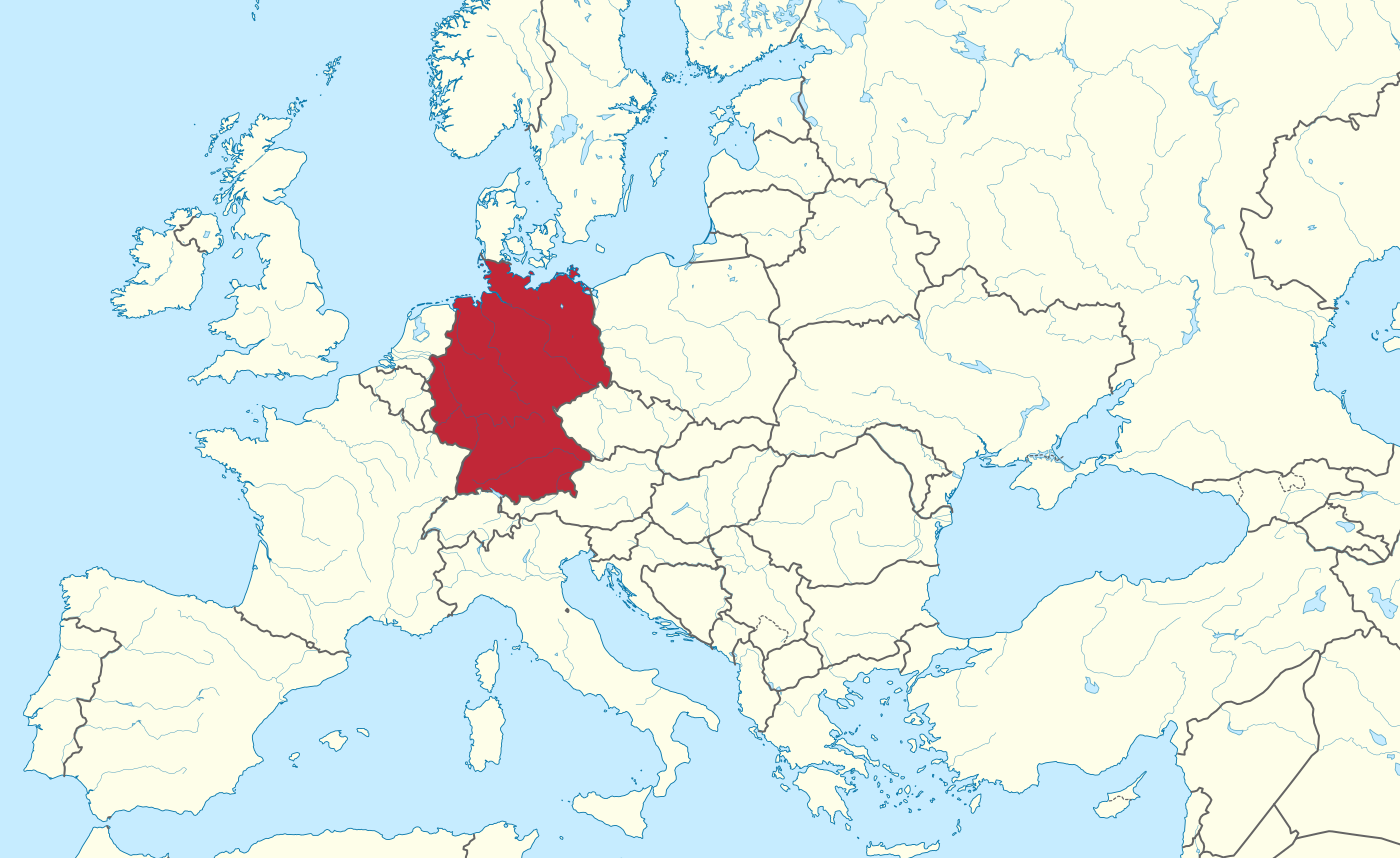Party leaders in Germany’s incoming government coalition have reached an agreement to legalize marijuana nationwide.
The legalization legislation is expected to be introduced during the upcoming legislative session. It will also provide broader drug harm reduction services and restrict advertising of tobacco and alcohol, along with cannabis.
As it stands, personal possession of marijuana is decriminalized in Germany, and there is a medical cannabis program in place. But this forthcoming proposal would seek to establish a regulated market for adult-use marijuana.
The governing coalition—comprising the Social Democratic Party of Germany (SPD), the Free Democratic Party (FDP) and the Greens—said that it will be “introducing the controlled distribution of cannabis to adults for recreational purposes in licensed shops,” according to a translation of a multi-party working group report first noted by Funke Media and circulated by Der Spiegel.
The so-called “traffic light coalition” is making the case that regulating marijuana sales will help drive out the illicit market. That will be revisited four years post-implementation, when a review of the social impact of the reform will be required.
And while the lawmakers emphasized that the objective of the reform is not to boost tax revenue for the country, FDP said in its election manifesto that taxing cannabis like cigarettes could generate €1 billion annually.
The new report, which was agreed to by the coalition’s working group on health and care, also discusses how the legislation would promote harm reduction, in part by allowing drug-checking services where people could have illicit substances tested for contaminants and other harmful products.
There will also be provisions related to advertising, with the intent being to restrict the promotion of marijuana, tobacco and alcohol to deter youth use, Der Spiegel reported.
“We measure regulations again and again against new scientific findings and align measures for health protection,” the report states.
Bloomberg noted earlier this month that the parties were nearing a deal on the issue.
This reform has been a long time coming in Germany. It was 2017 when members of the Christian Democratic Union and its ally the Christian Social Union entered into talks with Free Democrats and Greens about advancing legalization.
Police unions in Germany have come out against plans to legalize marijuana.
In neighboring Luxembourg, the ministers of justice and homeland security last month unveiled a legalization proposal, which will still require a vote in the Parliament but is expected to pass. For now, the country is focusing on legalization within a home setting. Parliament is expected to vote on the proposal in early 2022, and the ruling parties are friendly to the reform.
If either Germany or Luxembourg moves ahead and enacts the reform, they would be the first in Europe to do so. Canada and Uruguay have already legalized recreational cannabis.
The United States House Judiciary Committee approved a bill in September to legalize marijuana and promote social equity. Senate leadership is also finalizing a comprehensive reform proposal. Several Republican members of Congress introduced a bill on Monday to federally legalize and tax marijuana.
In Mexico, the legislature expected to vote on a bill to regulate cannabis within weeks, a top senator recently said. That comes after the Supreme Court invalidated prohibition on constitutional grounds.
Photograph via Wikimedia Commons/Creative Commons 3.0
This story was originally published by Marijuana Moment, which tracks the politics and policy of cannabis and drugs. Follow Marijuana Moment on Twitter and Facebook, and sign up for its newsletter.




